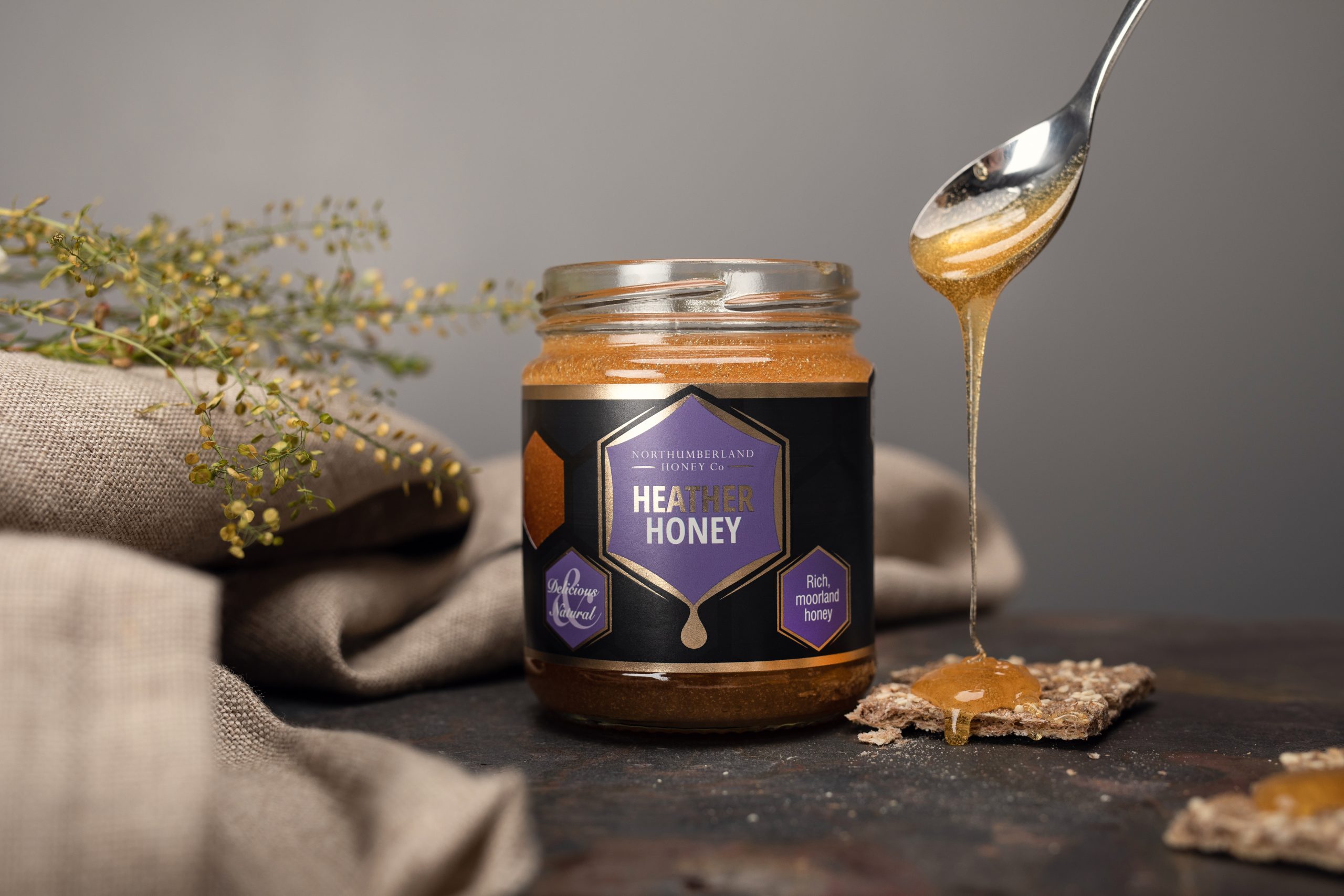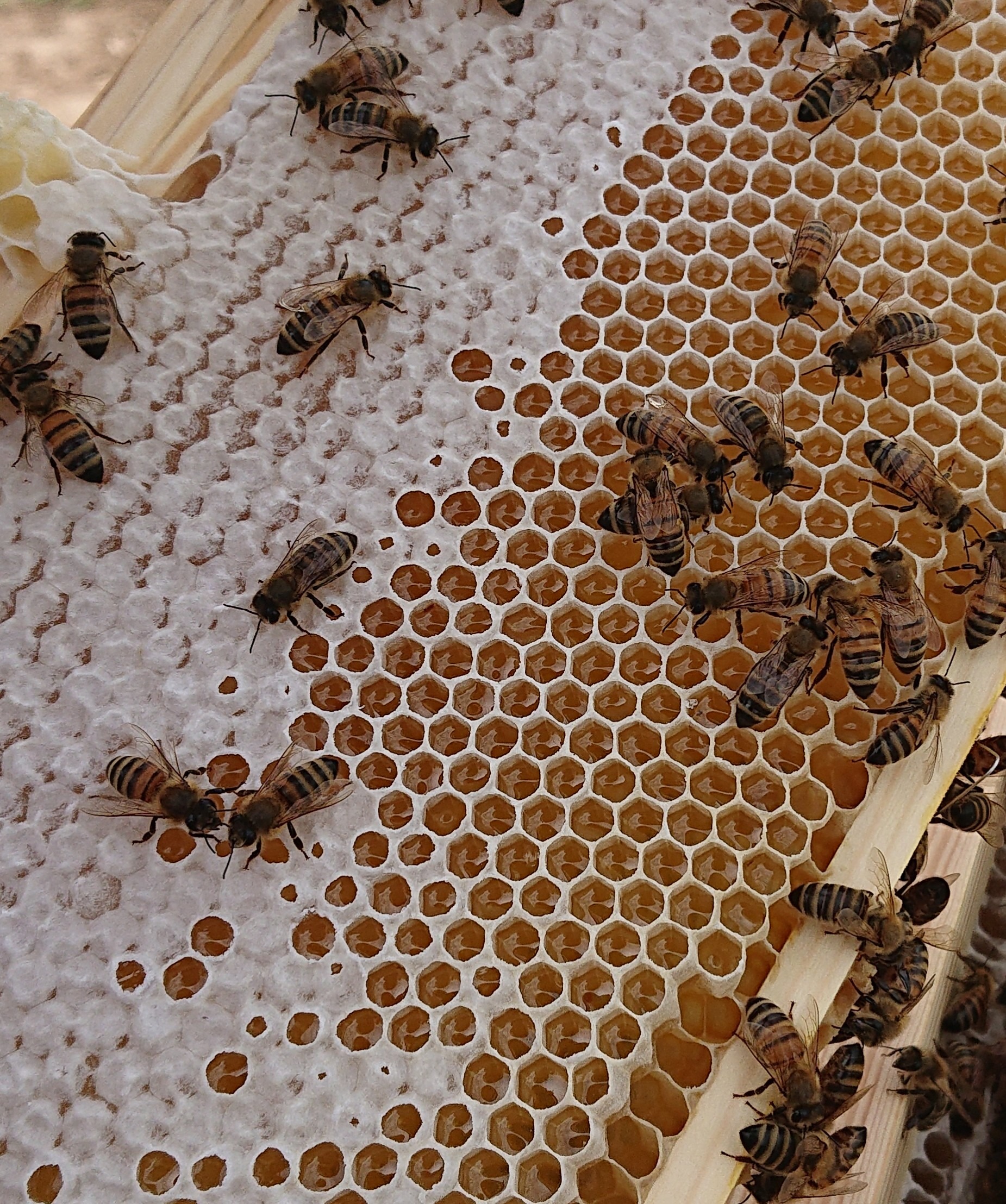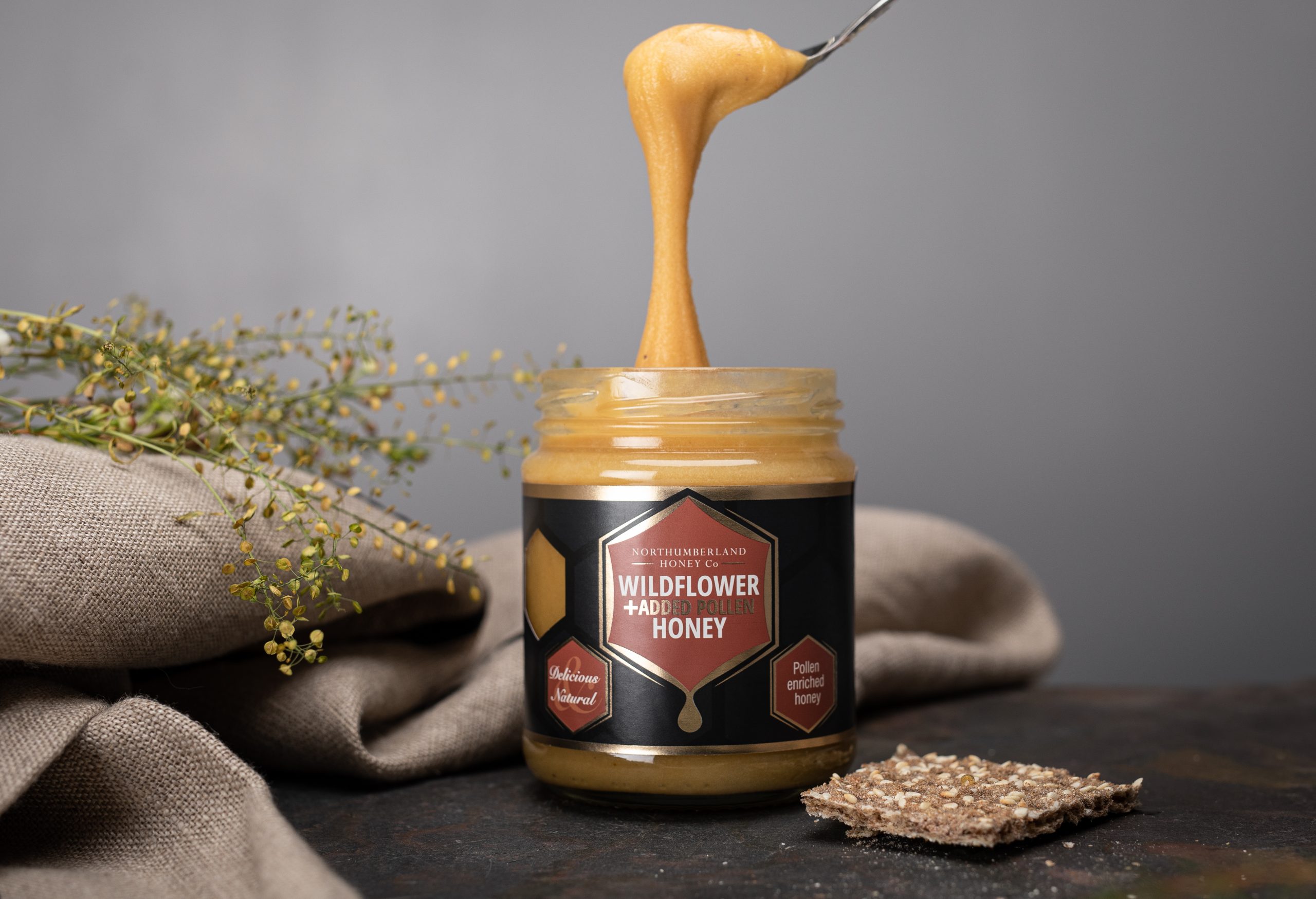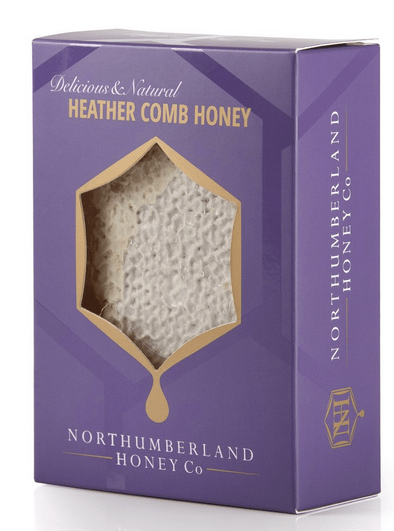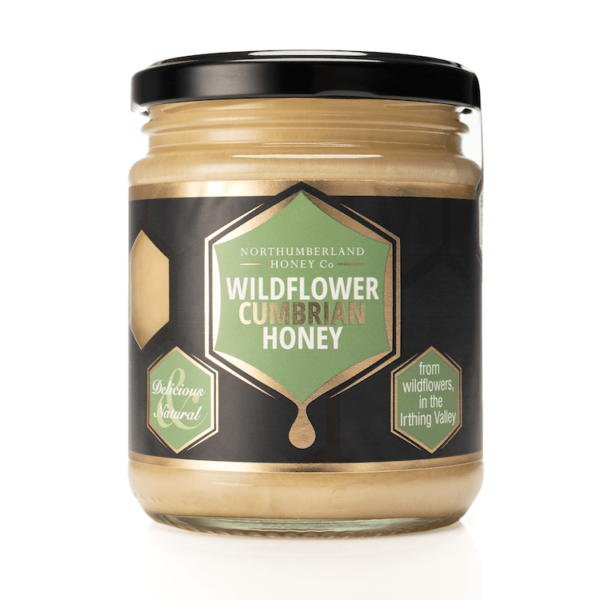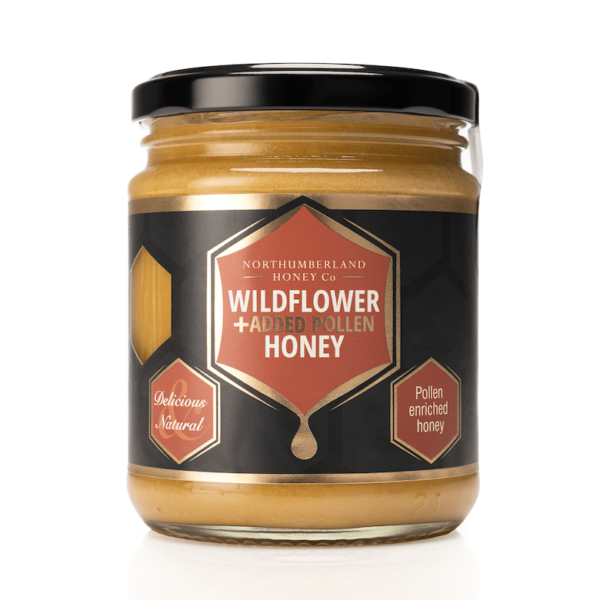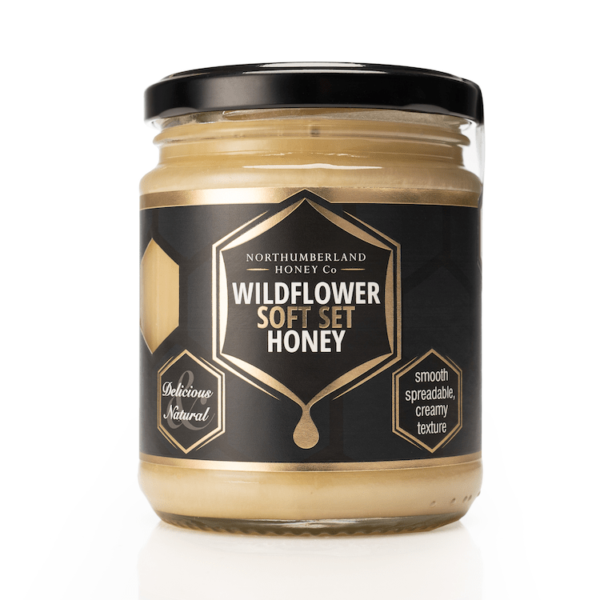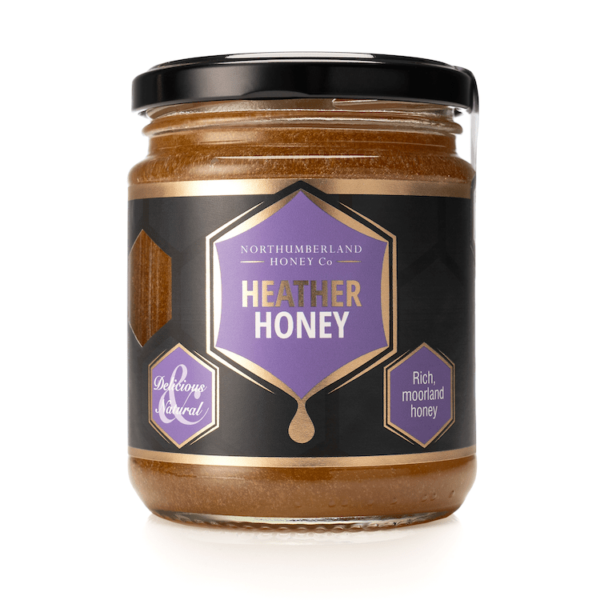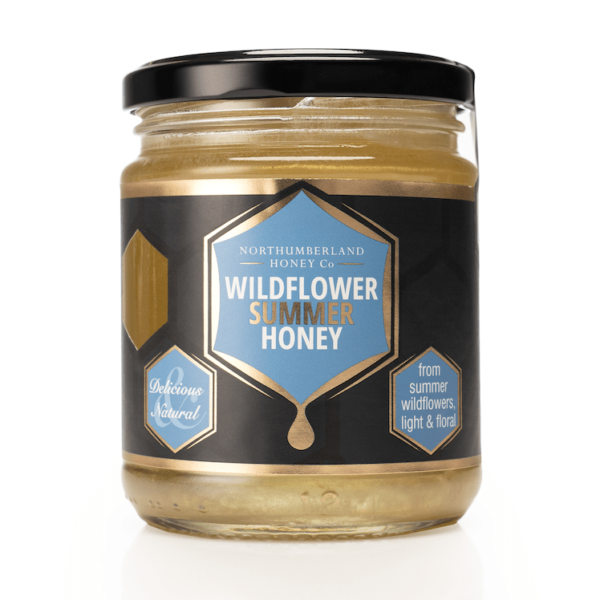Antioxidants
Honey is a source of antioxidants. Antioxidants help to protect cells in the body from damage from free radicals. Free radicals contribute to the aging process and are implicated in cancer causation and chronic diseases. Increasing amounts of research suggests that certain antioxidants known as polyphenols may help with a range of chronic diseases.
There is however very little research in how antioxidants found in honey may or may not help with chronic diseases.
